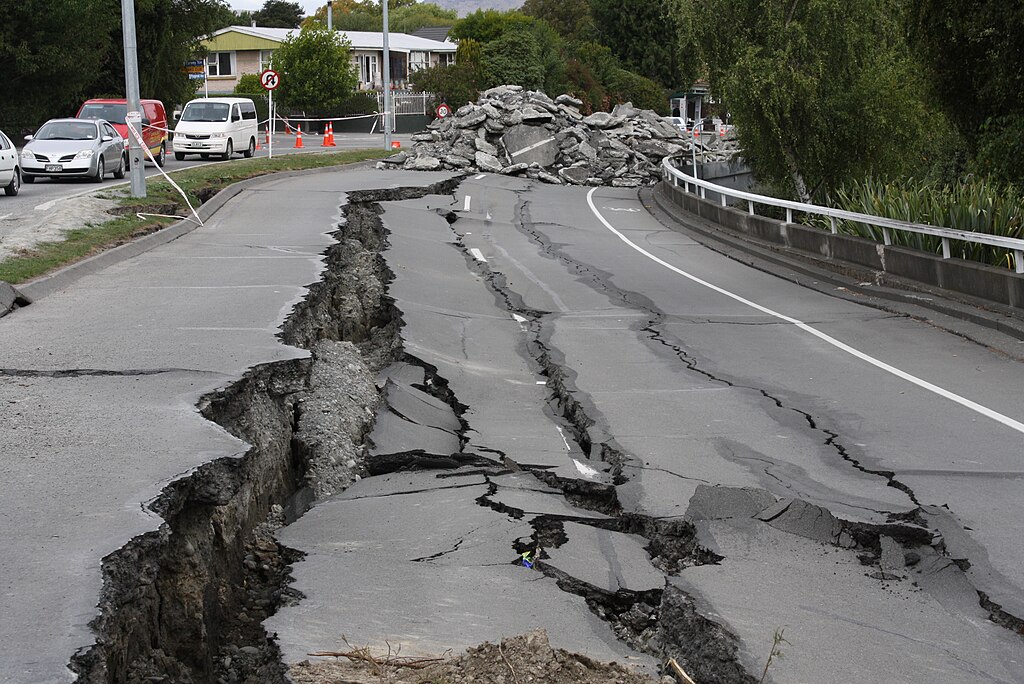
Schwede66, CC BY-SA 3.0 https://creativecommons.org/licenses/by-sa/3.0, via Wikimedia Commons
The earthquakes that struck Christchurch in 2010 and 2011 left a profound impact on the city’s landscape, infrastructure, and housing market. In the aftermath of these seismic events, the city experienced a surge in demand for rental properties as residents sought stable housing options amidst the city’s recovery and rebuilding efforts. This increase in demand, coupled with a shortage of available homes, led to notable shifts in rental trends and pricing dynamics in Christchurch. In this article, we’ll explore the post-earthquake rental landscape in Christchurch, focusing on the rise in demand for homes and its impact on rental prices.
The Aftermath of the Earthquakes in Christchurch
Following the earthquakes, many residents were displaced from their homes due to damage or destruction, creating an urgent need for alternative housing solutions. Additionally, the influx of workers and contractors involved in the city’s reconstruction efforts further intensified the demand for rental properties in Christchurch. This sudden surge in demand placed significant pressure on the city’s rental market, leading to increased competition among tenants and rising rental prices.
Supply Shortages and Housing Challenges
The earthquakes not only displaced residents but also disrupted the availability of rental properties in Christchurch. Many homes were rendered uninhabitable or demolished, reducing the overall housing stock and exacerbating the supply shortage in the rental market. As a result, finding suitable accommodation became increasingly challenging for tenants, particularly those seeking affordable housing options or properties in desirable locations.
Rising Rental Prices
The combination of increased demand and limited supply fueled a steady rise in rental prices across Christchurch in the years following the earthquakes. Landlords and property managers capitalized on the heightened demand by raising rents to meet market conditions, resulting in significant cost burdens for tenants. This upward trend in rental prices placed strain on household budgets and contributed to housing affordability challenges for many residents, particularly low and moderate-income earners.
Impact on Tenants and Housing Affordability
The surge in rental demand and subsequent price increases had significant implications for tenants in Christchurch. Many individuals and families faced heightened competition for rental properties, leading to bidding wars and limited housing options. Additionally, rising rental prices placed financial strain on tenants, with some forced to allocate a larger portion of their income towards housing costs or consider alternative accommodation arrangements.
Government Interventions and Policy Responses
In response to the housing challenges facing Christchurch post-earthquake, government authorities implemented various interventions and policy measures to address affordability issues and increase housing supply. Initiatives such as the Canterbury Earthquake Temporary Accommodation Service (CETAS) provided temporary housing solutions for displaced residents, while housing subsidies and rental assistance programs aimed to support vulnerable households facing housing insecurity.
Looking Ahead
While the immediate post-earthquake period saw a surge in demand for rental properties in Christchurch, the city’s rental market has since stabilized to some extent. However, housing affordability remains a pressing issue for many residents, particularly in light of ongoing economic challenges and the impacts of the COVID-19 pandemic. As Christchurch continues its recovery and rebuilding efforts, addressing housing affordability and ensuring access to stable and affordable accommodation will remain key priorities for policymakers, landlords, and tenants alike.
In conclusion, the earthquakes that struck Christchurch triggered a surge in demand for rental properties, leading to increased competition among tenants and rising rental prices. While the city has made significant strides in its recovery efforts, housing affordability remains a persistent challenge that requires ongoing attention and concerted efforts from stakeholders across the housing sector.